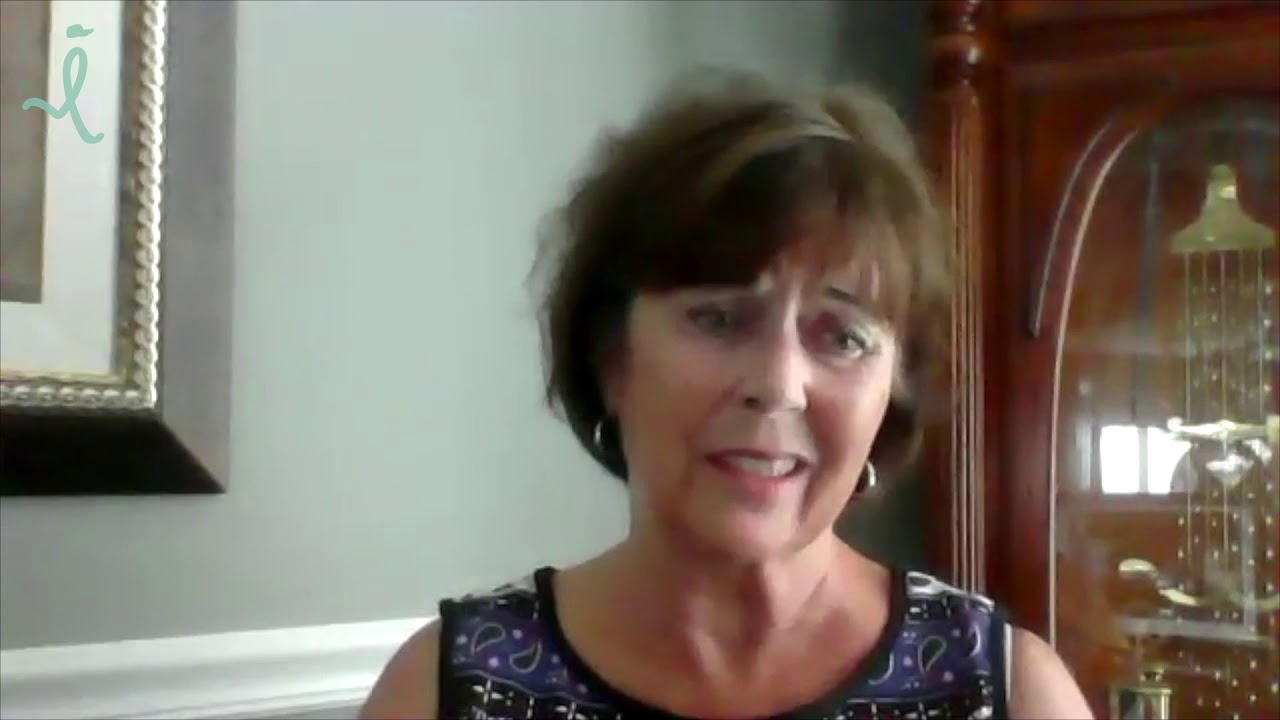
Sharing with Children
We know that talking to children or young people about a brain tumor diagnosis can feel extremely difficult and scary. Knowing what to say and how to say it isn’t easy, so we’ve put together some information to help guide and support these tricky conversations.It’s important to remember that there are a number of factors that will impact a child’s understanding and reaction to someone’s illness, including age, personality, and family circumstances.Explaining a brain tumor diagnosis to children requires careful consideration and age-appropriate language.
April 11, 2024
